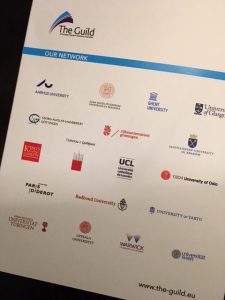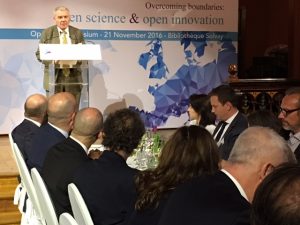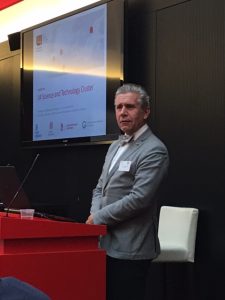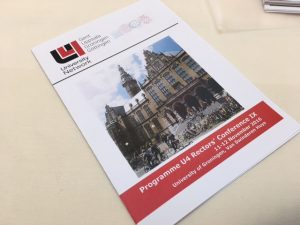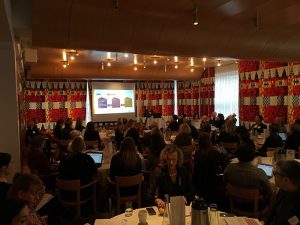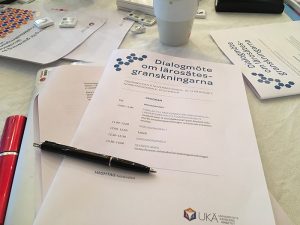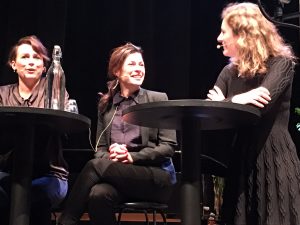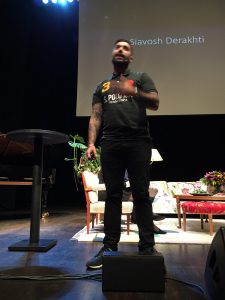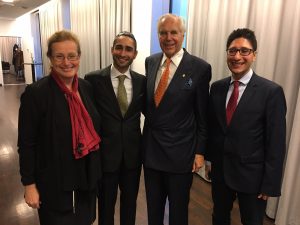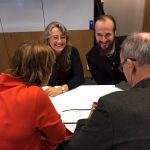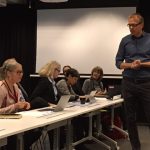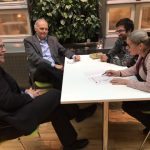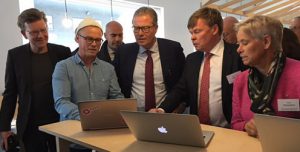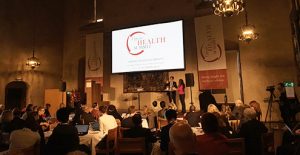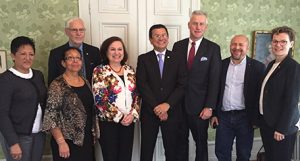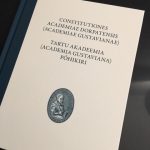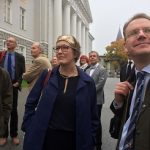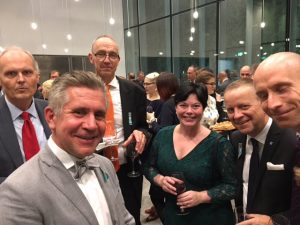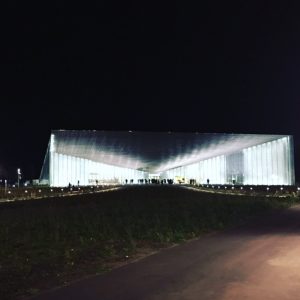(Original Swedish post published 24 November, English version posted 25 November.)
According to an article in the newspaper Svenska Dagbladet yesterday (in Swedish), the government is planning to conduct a review of management and resource allocation to higher education institutions. This is a good thing. The government has previously shown an interest in increasing basic appropriations and giving policies a more long-term perspective, and has also indicated that new management models are needed beyond the New Public Management model, which is increasingly criticised. This is in line with what Uppsala University has long been calling for so there is reason for optimism.
Having said that, the article hints that HEIs are not behaving properly and that firmer management is needed. The Minister says the government wants to give higher education institutions the conditions they need to meet the major challenges facing society, and talks about giving them incentives to develop their activities “in accordance with the laws, ordinances and objectives that the Swedish parliament and government have established for higher education and research.” Here it is important to recall another quality mentioned in the article – trust.
We by no means question the validity of checking that we perform our duties as a government agency in accordance with the rule of law and that we focus on quality in our activities. It is misdirected to suggest that Swedish higher education institutions are not doing their job properly and not following laws and regulations. We are doing so – even when it has absurd consequences and obviously gets in the way of our external collaboration and internationalisation, for example. But what the right conditions are for the best possible development of research and teaching must primarily be a question for the the higher education institutions to decide – in trust-based dialogue with partners in the business sector and public sector. Mutual respect for roles and integrity creates trust and confidence within a higher education institution and thereby the right conditions for development.
Regrettably, in recent times we have seen initiatives that tend in the opposite direction. Dalarna University has recently been forced to conduct education and research in two new locations – without the support of the higher education institution or its board being secured for this (Swedish article). Here, the institution’s own situation and strategic considerations were disregarded, which does not benefit development and quality. What we need is a well-rooted understanding of the factors that promote success in the academic world.
The Minister talks about the outcome of the relatively extensive investments in excellence and strategic research areas over the past decade in terms of unwanted effects such as the concentration of resources to a few higher education institutions. From the perspective of Swedish research universities this is disturbing. If Sweden is to be a knowledge nation with leading research universities, we must dare to concentrate our efforts around the environments where the conditions for conducting world-leading research are best.

